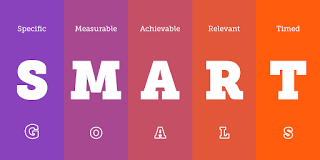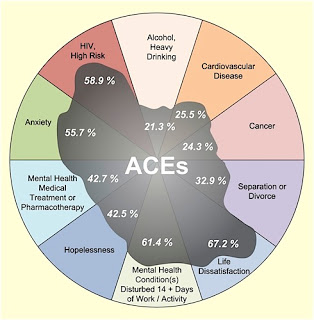So the New Year has begun and most everyone is ready to go back to school or back to work. While on holiday break perhaps you had a resolution or two pop into your head. Or a thought about something you’d like to accomplish in the new year. But you’re already back to the grind and not really sure if you’ll really make your resolutions and goals come true.
As a professional coach I love to help my clients set and achieve life-changing goals! Here are a few coaching tips for you, to help you make your resolutions a reality, to achieve your goals, and to make this year your best year ever. Everybody needs some coaching, even the highest level professional athletes and top level executives, so here is some coaching for you on how to achieve your goals in 2021.
Whatever it is that you’d like to accomplish this year, use the acronym SMART to help you shape and define your goals so that you have a much greater chance of achieving them.
S—Specific—Who, what, where, when, why! Goals should be written out in very specific terms. For example, instead of saying, “I want to lose weight this year” or “I want to read more this year”, it is wiser to say, “I will lose 20 pounds this year” or “I will read one book per month this year”. By having a specific target we know exactly where to aim. If we don’t know where the bulls eye is, then we will never hit it!
M—Measurable—When setting a goal, how will you measure your progress? If weight loss is the goal, the obvious way to measure is with a scale. But some goals are more complex—like healing relationships or growing spiritually. Determine in advance how you will know you are accomplishing your goal and how you can measure your success or improvement.
A—Attainable—How will you accomplish the goal? It is really great to dream big and to stretch oneself, but it is important to set goals that are realistic and attainable. Is it realistic for you to lose 20 pounds a month or to earn ten million dollars in the new year? Setting unattainable goals really does more harm than good. It may be wiser for you to set smaller, more attainable goals so you change your habits and the direction of your life without risking major discouragement. Dream big, but keep it real with a solid plan!
R—Relevant—Is the goal worthwhile? Ask the question of whether the goal is really relevant in your life. Let’s say I set a goal to ride a motorcycle across the country this year. While this would be a fun and memorable experience, the amount of time and energy it would take is not relevant or worthwhile at this stage of my life. Make sure your goals are relevant to your life, your family, and your career. It is important to know our mission and purpose in life and have goals that support that mission and purpose. (A coach can help with this!)
T—Time Bound—When will you accomplish the goal? It has been said that a goal is a dream with a deadline. A goal must have a specific time frame in which to achieve it. People work better with deadlines—goals do, too. Instead of saying “I will lose 20 pounds this year”, say “I will lose 20 pounds by May 1st”. Set your deadline to increase your chances of success!

Here is an example of a goal that meets all the SMART criteria:
“I will lose ten pounds by March 1st through exercising five days per week and limiting my daily calorie intake to 2000 or less.”
What is one SMART goal you have for 2021? I challenge you to write it down in the SMART format and share it with me or an accountability partner to inspire you to success!
I’d love to coach you to set and achieve your goals and make this year your best year ever! You can contact me at 949-303-8264 or randy@randymoraitis.com for a free consultation. Websites: www.carepossible.com, www.randymoraitis.com.
About Randy Moraitis
Randy is married to Kim and they live in Laguna Niguel. Together they have a blended family of five adult children and three beautiful grandchildren. (If you don’t believe Randy, he will gladly show you pictures!)Randy is a Certified Intervention Professional (CIP) and expert in helping families affected by addiction and/or mental health issues. He is a Board Certified Pastoral Counselor and is both licensed and ordained as a pastoral counselor. He has five professional coaching certifications and loves working with clients on executive coaching, life coaching, wellness coaching and recovery coaching. Randy has a master’s degree with emphasis in theology and counseling, a bachelors degree in management and leadership, and a certificate in health and fitness with emphasis in exercise physiology and sports psychology from UC Irvine. He has been helping groups, individuals and families get mentally, physically and spiritually healthy in Orange County for over 25 years.












